Learn to make income with a podcast
Join the 5-day training
Profitable Podcast Bootcamp
Come Hang Out!
Learn How to Consistently
Make Income With a Podcast
For Faith-Led Entrepreneurs
Join 5-Day Profitable Podcast Bootcamp!
Podcast Launch Checklist
Steps to start and launch a podcast from start to finish
Should You
Start a Podcast?
TAKE THE QUIZ
AND FIND OUT
STEP BY STEP PLAN TO START YOUR ONLINE BUSINESS
Complete Business Blueprint
Is My Group Coaching Program Right For You?
Choose the option below that best describes you!
Have a question?
Ask Stef a question about her resources
or program!
Will podcasting make you money?
Play around with my Profitability Calculator!
Meet Podcast to Profit Alumni
Students and graduates who are profiting from their podcasts
from psalm chapter 18
Spiritual Battle Plan
defeat the enemy, strongholds and spiritual warfare
Ladies!
In this episode, we discuss Black Lives Matter, Racial Diversity, Inclusion, AND answer many questions submitted by my community! Join me, Ronica Cormier, and Jacqueline Howard as we dive into a biblical perspective of current world events and discern worldly lies from biblical truth.
In this episode, you will hear advice for non-black leaders, how to discern your own truth on what you might need to change or be aware of, and how you can discern lies from the media from God’s truth. You will hear applicable scripture that helped me feel more at peace knowing I was standing up for what God was calling me to do in the way He was calling me to do it.
If you’ve been feeling anxious, overwhelmed, afraid, angry, or frustrated please take the time to listen to this conversation from two, kind, powerful, Jesus-led black women who step up to share biblical truths surrounding Black Lives Matter, World Events, Diversity as leaders, Discernment over what’s real for each of us, and how we can be better and more LIKE JESUS as we face an awakening like never before. It’s time to fight to come together. To love each other, to forgive each other, and to embrace each other.
Jesus bled for us. Let’s love for Him.
Huge thank you to Ronica Cormier and Jacqueline Howard for their time, love, and honest hearts today.
I pray this blesses you!
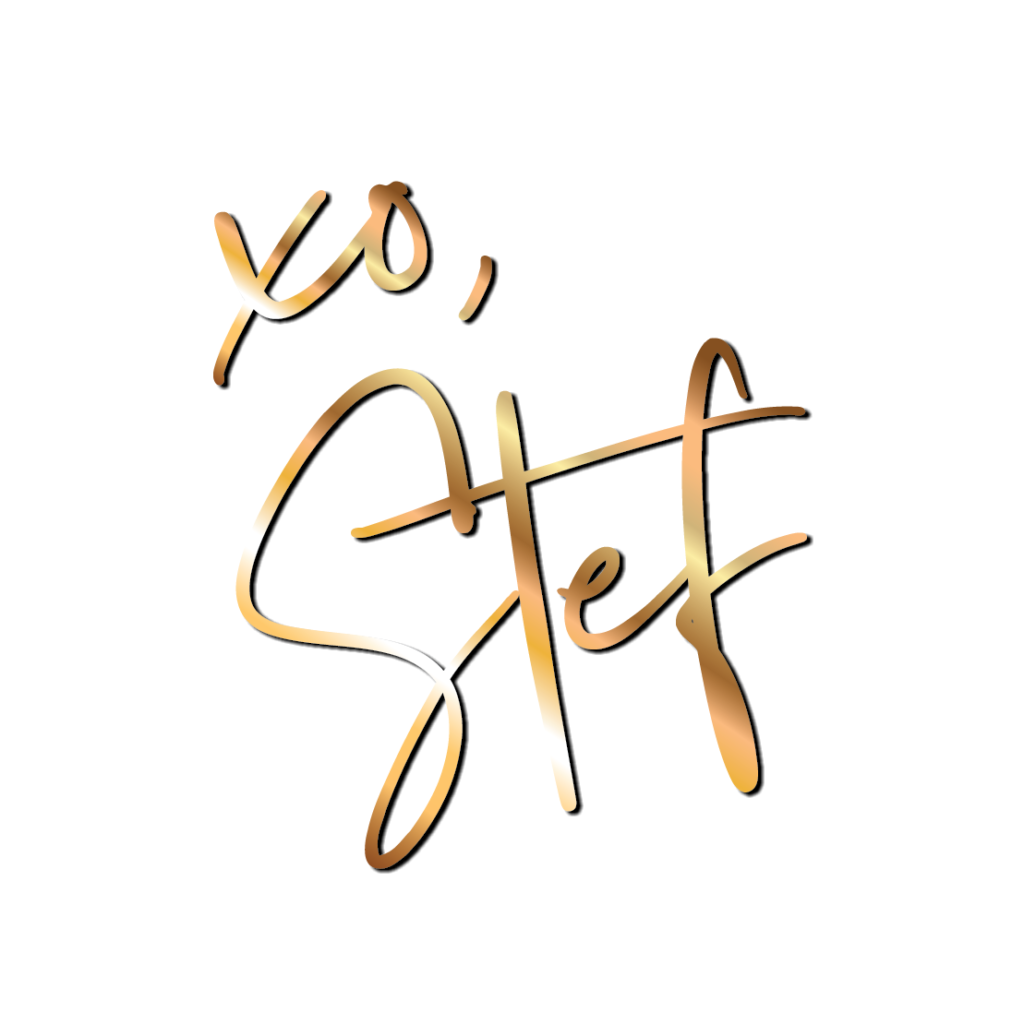

FULL EPISODE TRANSCRIPTION:
(00:00)
Hey friends, welcome to this very special episode that I’ve put together for you along with two of the most incredible kind, powerful, inspiring black women from my community, Jacqueline Howard and Ronica Cormier who are just willing to come on this show and help answer some of the juicy questions, some of the controversial questions that my community brought forward.
(00:27)
I think right now with what’s happening in the world, the rage, the rioting, the peaceful protesting, black lives matter, George Floyd and everything that’s associated with all of that. It’s confusing, it’s overwhelming, it’s scary. For some, it is enraging for others. So we’re feeling this range of emotion regardless of our skin color. And I think it was so important for me to stand up and say something, but I didn’t know what, I didn’t know how.
(01:07)
I, myself am still learning, I am still digging in, and I am still praying and discerning on how and what are things that I could do better or need to change. But here’s one thing that I did hear very clearly during my prayers over what God expected from me. And that was to provide a biblical perspective to those that needed it, to those that needed to hear it. And I knew that every single one of you in my community, you needed to hear a biblical perspective from the black community.
(01:39)
When I prayed for that, and when I heard that answer to my prayer, I literally saw Ronica’s face and Jacqueline’s face. So I knew they were the right women to ask. And boy were they. You are not going to believe this conversation. I think this conversation is going to release a lot of the pressure that maybe you are feeling, a release of the weight of the world that might be on your shoulders so that we can really be mindful of who is in control right now.
(02:07)
That is Jesus. He has got all of this and more under control. And that as each human being cannot take the weight of the world upon us, but yet some of us are called to do something or say something or change. And so I think this conversation might help you on that journey. So I hope that you truly enjoy it.
(02:29)
Huge thank you to Jacqueline Howard who runs Optimized To Scale and you guys can check out her podcast. She is an incredible resource for virtual assistants who are looking to grow a profitable virtual assisting business and Ronica Cormier who runs Real Talk For Teens and Young Adults, where you can find academic accountability for success in school, life, and relationships for your teen. So highly recommend you check out her show, but thank you ladies. I’m so grateful. Let’s listen in and learn.
(03:09)
As you guys heard on the intro all about how incredible Jacqueline is and Ronica. These ladies are just so dear near and dear to my heart. They’ve been working with me for over six months, both of them. And I’m just so grateful that they’re willing to be here with us today and teach us a little bit more and answer some of the juicy questions that you guys brought up in the groups.
(04:15)
Questions about what’s been going on in the world with black lives matter and just equality, and really looking from a biblical lens and a biblical perspective at what is happening. So welcome to the show you guys, I’m so grateful that you’re here. So glad to be here. Yes. I’m so happy to be here with you.
(04:37)
So I want to start with, I wanted this to be a safe space for you guys to ask the juicy questions that you’re afraid to ask. Because I know that it’s scary right now to ask questions and be called a racist, or have someone tell you, you have white privilege because you asked that question and all of that. And I understand that fear because I too had that fear.
(05:06)
So I really want to get into some of those juicy questions, but I first want to hear from Ronica and Jacqueline, what’s your perspective of what’s happening in the world right now. Ronica, let’s start with you. What’s your perspective of what is happening in the world, and have you personally, as a black woman experienced racism in your life, and are you willing to share some of your story with us or an experience with us?
(05:32)
Yes, I will. So I’m going to start off with saying just basically what I think is kind of happening in the world. So basically the way that I see it, or the way that I view what’s happening is it’s kind of as if people are being woken up for the first time and actually seeing what has always been there.
(05:51)
For whatever reason, it’s almost like people have come to a place where they have awakened in everybody now is deciding that they’ve had enough with the status quo. They’ve had enough with how things have always been, and they’re not accepting the systems that have been put in place anymore. They are wanting change.
(06:17)
As far as my personal experience, the one that kind of stands out in my mind the most is when I was meeting with friends and we had had a good dinner and we were going from one restaurant to another restaurant. This was literally a block from the school that I was working at. So safe neighborhood. I never had any trouble there before. And they went one way on the sidewalk to go to their car. And I was walking in the opposite direction.
(06:47)
As I bend the corner to go to my car, these people were in this car and they were screaming the n word at me. And I just remember how scared I was. I remember how embarrassed I was, how ashamed I was that I was being called that, and that I just wanted to disappear. And, I couldn’t talk about it when we went to the next place. I didn’t say anything, and I was just really mortified with the whole experience.
(07:20)
How old were you when that happened? I was probably 25. I mean, this has been just a few years ago. Yeah. Do you feel like that impacted or shaped you going forward? Yes, it definitely did, because I think that before that I knew that racism existed, but it had never been directly verbalized to me in that way, in a way that truly kind of shook me to the core and scared me as a woman and as a person. You know, so yeah, it definitely shaped me.
(08:00)
Gosh, I’m so sorry that happened, and that’s crazy. See for me I’m Bulgarian and I’ve got brown skin, my kid is always like, mama has brown skin, I have white skin, Landon has kind of brown skin, Daddy has white skin. The kids are aware that we all have different colored skin. But for me, I grew up in White Rock, which is in Los Alamos and it’s 99% white you know.
(08:28)
I remember being in second grade and I asked my babysitter to put white powder and white concealer all over my face so that I could look like the other kids. I never felt I was singled out or treated differently or anything else. It was just more of this desire to look like everyone else.
(08:48)
I don’t know if you guys ever felt that way, but it’s interesting to me now, this concept of people of color. When they say that term, when we talk about that term does that include me? Does that include the people that have Mexican descent? What does that mean to you guys, cause that made me think of color in general?
(09:17)
So for me, when we talk about people of color yes, I would say anybody that identifies as a person of color, that would encompass them as well. So for me, yes, if you identify yourself as a person of color, then you are included in that. Okay. See all that’s so new to me and interesting to hear all of that. Okay.
(09:42)
So let’s switch to Jacqueline. Jacqueline, what is your perspective of what is happening in the world right now? And then number two, have you experienced racism personally, and can you share a story or a couple of experiences with us?
(09:55)
So what’s going on in the world right now? If I could explain it in maybe a slightly different angle, but the feeling might be the same. If you’ve ever have a surprise party or something like that, and you’re going about your day, you’re doing your thing and you notice maybe a few odd things happen throughout the day, but you’re just kinda like whatever.
(10:26)
Then you get to this surprise party and you see all the people and this is r more positive feeling, but you see all the people there and then your like, that’s why, so and so was talking to grandma more than usual, or that’s why my husband ran out the door so fast. Like it all starts to come together because you see it, like your eyes have been opened to al the weird things that have been happening all day long or all week long that didn’t quite make sense, but you just didn’t know. You finally get it because it was all for this thing, this party that you’re having.
(11:02)
So that’s a more positive experience, but the feeling of I was clueless. I mean, some things looked a little off, but now that they showed me what they were working on. Now I know that feeling of like, my eyes are now open. I get it. I think what’s happening now is there have been pockets of injustice and racism and all these things happening to black people. And yeah, Mexicans, I mean, I remember hearing jokes about Mexicans in school and, about people from all sorts of different places.
(11:36)
Now because of the deaths and the different things that are on the news, it’s kind of like, people’s eyes are finally open, like all this stuff that they’ve been noticing throughout their lifetime, that was a little bit off, but they couldn’t quite put their finger on it. Now their eyes have been opened and they’re like, oh my goodness, this has been happening everywhere all the time. I just didn’t have, I didn’t realize what was going on.
(12:03)
But now that I know there’s a lot of attention being put on it, there’s a lot of activity because now, you know what happened, what’s going on? You know what I mean? So I think that’s what’s going on. And people like, why so much attention to black lives matter? It’s just now people’s eyes have been opened to that thing, that particular injustice.
(12:26)
A few months ago, I think a couple months back, people were speaking out against abortion, for example. And so that was the attention of the day, you know? And so the attention was on that. Or for example, when COVID first came out, all the attention was on COVID like, what’s going on, we’re all in it. You know? But the thing is there was still cancer. There was still the flu and AIDS and all these other diseases happening.
(13:02)
It’s just that our eyes were open to COVID something big is happening. With attention to black lives matter and all that stuff it’s bleeding into something else. I hear a lot of people saying well, what about us? Like all of us matter. And it’s like, absolutely everybody matters. But right now the attention the spotlight has been put on something that maybe has been in the dark a little bit, or you saw glimpses of it, but you couldn’t quite put your finger on it cause you didn’t have the whole picture.
(13:39)
Now you have the whole picture and that’s just the focus right now. So it’s what I feel is going on. My experience personally might be a little bit different and it could be my personality or whatever, but I didn’t grow up in the States. And I came to the States maybe like about 10 years old and I didn’t speak English. So I was in ESL classes, it’s the English as a second language for a few years.
(14:16)
So my class was Korean kids, Japanese kids, Mexican kids, Russian kids. It was whole bunch of us, right? None of us knew what was going on anyway. So we were all in there. Then by the time I got to high school and I was very aware of cultural dynamics. There is definitely a distinction of black and white, especially in the town I went to high school. It’s like, this is the thing that black kids do. This is the things that white kids do or whatever.
(14:45)
For me, my only experiences that stood out to me is when people would come up to me and say, oh, you don’t sound black or, oh, you’re pretty for a black girl. That’s not a compliment. You know, like black women are beautiful period. It’s not like because what people don’t realize is when you say you’re pretty for a black girl, it implies all black girls are not pretty, but of the not pretty people you stand out and that’s not a compliment.
(15:20)
So that’s an example of things that I’ve experienced. I’m thankful that I haven’t experienced worse, but that’s just my experience. You know, I can’t speak for all black women, but that is my experience. Sure. And it’s funny because you both brought up this idea of like being woken up. Of this moment of seeing more clearly. And I absolutely can see more clearly my own, if you want to call it white privilege or brown privilege for me. It’s like, yes, I can see that.
(15:58)
Now I can see how people seeing certain things have been hurtful or harmful and that maybe even the black community themselves didn’t notice it as a thing. Cause for me, if someone’s like, oh, I thought you were Mexican Stef. I’m not like, oh, they’re being racist to me right now or trying to hurt my feelings. I was like, oh no, I’m actually Bulgarian.
(16:18)
I just took it with a grain of salt because that’s just what people say. So I’m wondering if all this time you guys thought well, that’s just what people say and you’ve let it go. Which is, I think what’s happened is people have let it go for so long. And now we’re seeing these outbursts of anger of I shouldn’t have let it go. I’m angry, I’m mad, I’m hurt.
(16:39)
I’m really curious to hear both of your feedback on this. I feel like the media is fueling the hate side of this. They are fueling the anger. They are highlighting the rioting and maybe the things that will keep people divided. Because when I go on Instagram and I went in and there is an account I love which is just Instagram For Believers. She’s sharing stuff like the black peaceful protest where they’re walking and they’re singing and they’re shouting out to Jesus. I’m like, nobody’s sharing that.
(17:17)
So I would love to hear Jacqueline since you’re up right now. What’s your perception of is the media negatively spinning this? Absolutely. I think the media people like drama, right? They’re trying to get ratings, reviews a lot of attention on their channel or whatever. And so they’re going to find the drama and they’re going to amplify it. And then they’re not going to give you the full context. They’re just going to show you the climax and then put whatever caption they want on there. Right.
(17:51)
I do think the media is not helping. I think they could do a better job of showing a balanced display of what’s happening. But also I think it’s so important when people are very quick to say oh, look at these people they’re just rioting. To their point, we need to also define our terms. What is a riot? Right. A riot is something violent. It’s a disturbance. It’s an uproar, a rampage, that’s a riot.
(18:22)
What’s a protest. It’s peaceful. It’s a statement and expression of disapproval for something. A gathering of people. And they’re just saying, we’re standing for this, but we’re standing against that. I think the media isn’t showing the peaceful protest because it doesn’t get ratings.
(18:44)
As much as people say, they want peace, they’re clicking on the things that are chaotic and the drama. And yeah. So I don’t think the media is doing a good job, but I also think that as individual people, if we all don’t give the media the attention when they’re showing the drama, maybe that’s another way that we can let them know. Hey, you need to stop showing this. B more realistic. You know what I mean? Sure. Thank you for all of that.
(19:10)
Ronica, do you have anything to add on the media? So basically I would just say that yes, the media is absolutely spinning this. The notion is to keep people divided, because as the media we have to remember, especially as believers, that all of those things are systems of the world.
(19:29)
In being systems of the world, they are meant to cause chaos. They are meant to cause division. And so the media is doing what it’s actually meant to do. And so we have to, as believers, remember that and pull away and, you know, still read the Bible, still feed ourselves with the truth because the media is not going to be feeding us with necessary truths.
(19:54)
As Jacqueline said, it’s all about infotainment. There’s very little information mixed with a whole bunch of sensationalized drama in order to entertain the people and give them what they want, which is drama and chaos. And so that’s what the media is doing. Oh my gosh, you’re so right.
(20:13)
I love that you brought that up, that the media and what else, you know, politicians and politics and fighting and hate and sensationalism of the media, all of those things are of this world. We are not called to be of this world. We are called to be of Christ and kingdom fighters and kingdom builders. And I think next to loving God is the highest commandment.
(20:36)
The second one is to love each other and to love thy neighbor. I’m not seeing a lot of that right now. I am not seeing a lot of that. And it makes me so sad. And I was telling my husband the other day, I feel like this panic or this fear right now, the world is crumbling. I feel like it’s crumbling. I feel like it’s being more and more divisive and I’m scared.
(20:59)
Then I had this moment where I realized it’s not my duty to save the world. It’s not my duty to change this world. It’s my duty to change people in it. And that gave me so much peace about what I can do. Absolutely. And to also allow ourselves to be transformed as we are working with God through our mission and through our walk as we go on this journey.
(21:30)
Because we are only here for a moment. And so we always have to remember that too, that this world is passing away, that this world is not meant to last. And so we can’t hold onto it. We are from above and we’re just here for a moment to do God’s work. Amen. Okay, Ronica, since you’re still up. Let me ask you the next question.
(21:50)
If we look at black lives matter and what is happening right now from a biblical lens, what are your thoughts about how both sides? Cause right now, I really do see this clear division. How do both sides come together? Is it even possible? What results do you think need to happen for us to find this semblance of peace?
(22:17)
I would say that especially as believers, that we would have to, you know, look at everyone being a part of the body of Christ. And when we look at that picture of everyone being a body of Christ, then we have to realize that there is intentionality in the way that each one of us is created. He didn’t intend for each of us to be created the same.
(22:39)
So everything about me and everything about you is intentional for you to fulfill your purpose, everything down to my color, to my hair color, to my eye color, to the way that I talk, everything about me. And the same thing about you is intentional for our work in the body. And each of us connected together, well, we’re going to be able to push forth in the overall mission, which is to win souls for Christ.
(23:06)
So I think that we have to always come back to that understanding that each of us is created in a specific way to do a specific task. And we weren’t all created the same for a specific reason. I love that. And I think that’s so important because for so long, I think we’ve been taught and myself, for sure. I don’t know how you guys grew up or what you heard from your parents and from the church.
(23:34)
What I always heard was everybody’s the same and everyone’s equal. And I see that light, but I also really love the of saying, you know what? Yes, we’re all created from Christ and we are all equal, but we are yet so uniquely, beautifully different and allowing ourselves to go ahead and, and it’s not racist to say this powerful black woman is saying this, or this amazing white person is doing that. To make that okay, because I think people were afraid of being racist by pointing out differences. Right.
(24:13)
There’s nothing wrong with our differences. Our differences are what makes us really beautiful and God intended that he did not intend for us all to be the same. So good. Thank you so much for that. Okay. Jacqueline, I would like to ask you our next question. What advice do you have for non-black leaders who want to foster this really inclusive, diverse community online?
(24:43)
Most listeners that are listening to my show are, you know, online leaders, we have podcasts, we have communities, we have Facebook groups, we’re also moms. And so how do you think that the non-black community can be more inclusive, promote more equality and be more mindful going forward?
(25:06)
If I’m understanding your question correctly, you’re asking about white leaders? Yeah. Any non-black leader, like even myself included, right. Cause I think that they really want to speak to that. Any color other than black women who are going through this right now, if the spotlight’s on that. So how do we be more inclusive and make sure that we are promoting equality?
(25:31)
Before I give examples, I just want to say, I personally do not believe that any human being can carry the weight of all of this on their shoulders. I think the weight of a lot of this hurt and this hateful behavior that, or just even the history of slavery in this country and the different things that happen, no one person should feel like they have to carry that burden to make the change.
(26:01)
From some of the white leaders I’ve talked to, or non-black, I guess leaders or even friends, they kind of feel like I have the responsibility to carry all of this. And only one man can do that. Who’s done that on the cross. Right. So as believers, we can’t put that burden on one another. That’s not fair. That’s not what it was called of us.
(26:28)
That said, though, it’s one of those things that I personally can’t give really an answer for each person as believers though. I think Ronica said it so well stay in God’s word and in His word, He says so many times when you ask for wisdom, He will give it. So I think in things like this it causes us to tremble and it causes us to slow down and to seek Him more.
(27:04)
So really, I would say slow down, seek Him in the decisions you make, but just like any business training, you have a product that you’re selling or a group that you’re starting and the people who need that thing or want that thing that you’re offering are the people you’re going to attract.
(27:26)
So to say I have something in particular that someone should do to attract this color or that I don’t know that I have like the marketing savvy or knowledge to do that. But if you have people in your group that are of diverse color or things like that, maybe just check your own heart and see like, am I giving preferred treatment to people who look like me? Just be intentional about being balanced about how you treat your group members.
(27:59)
I can’t say that I honestly have any ideas other than seek wisdom as believers. God has said in his word, when we ask He will give it. And so seek wisdom and ask Him to search your heart. Is there any wicked way in me and show me. Oh, amen to all of that. I love so much that you said you can’t carry the weight of this on your shoulders. Because I think every human being, when all of this started unfolding, we all felt like this crushing weight of oh my gosh, is that me? What do I do?
(28:30)
I almost saw like this panicking from white leaders to try to bandaid it and all of a sudden I’ve got five black people from my community and I’m putting them all over the place. And I’m like, I can tell that that’s ingenuine. My perspective was that that was ingenuous because this is a forever change. This is a prayerful change. This is a in God’s timing change. And so I love that. You said, just pray and seek and see how you can have the truth revealed to you to make small shifts over time.
(29:01)
I posted on my Instagram a week ago, I said, pray. Pray some more, pray for him, pray for her, pray for them, pray for you, pray for us, pray again. And don’t stop praying because I think the truth will be revealed to you and only you of how each and every one of us can be better. Or maybe we’ll hear you’re doing great and not everybody’s doing something wrong right now or needs to change. So I love that.
(29:26)
One tip I’ll add here that I got from Rho Thomas, who’s my trademark attorney, and she’s incredible. And she’s a black woman in my community. And she said there was something that she saw happening, which was when people would show up in their groups or run coaching or do things, the panel maybe had six people and maybe there was one black person on the panel, but that person was not called on as much.
(29:50)
Or there was even this panel who asked, what do black people think about this? And there were no black people on the panel. And so Rho’s advice was also be mindful of the faces in your audience that you are being conscious of making sure that everyone is getting equal time, equal spotlight, etc. So I thought that was great advice as well, just being mindful and conscious that you are being inclusive. So that was her thought as well.
(30:24)
I would agree with that too. And again, maybe Ronica might have better tangible ideas for that, but yeah, I definitely agree. Yeah. And I thought your advice was so needed though, Jacqueline. What you said, someone needed to hear that even myself included. So Ronica, do you have anything you want to add on this one about non-black leaders being more inclusive or mindful of the quality going forward?
(30:48)
I think that both of your ideas were definitely well said, Jacqueline, when you said you had some great things to give to non black leaders. I also would like to say just don’t over-generalize so when you’re thinking about you’re a brown community, don’t think that all of them are the same or all of them have the same needs. So make sure that you’re getting in there and you’re asking questions and you’re seeking to know more about each person as an individual so that you can know what each person needs.
(31:21)
Not just thinking that all of my brown ladies need this, so just make sure that you’re not overgeneralizing and you’re not afraid to ask questions. Because in this time I’ve heard a lot of, I’m scared to ask questions because I don’t want to seem like I’m this or I don’t want to seem like I’m that.
(31:36)
I know that I certainly don’t get upset when a person asks a genuine question and wants to know the answer or wants to know more. I think that most people are open to answer your questions and to help you along the way. So if you have questions, please ask. Yes.
(31:55)
The way that I did that is I just reached out to Jacqueline and Ronica and I have Shannon Baker and Rho and some of the other amazing women in my community. I said, Hey, can I ask you a couple of questions? I’m not sure of the politically correct terminology to use right now. Is it okay if I say this or that? I sent a post that I was going to make to Jacqueline first to get her feedback to me. And it’s not her job.
(32:19)
God bless her because she was willing to give me some feedback. But I asked, do you mind if I ask, so if that helps you guys feel more comfortable with asking some questions by saying, I have a couple of questions, is anybody willing to help me? I bet you’re going to find those loving faces and Jesus will bring you the people that can support as you navigate.
(32:41)
Let’s move to and Ronica, let’s stick with you while we go into this, if you can help us with some of these questions. These are the questions that the community either sent me anonymously on Instagram, posted in the groups, which I thought was so wonderful or submitted as questions they wish were being asked. So we have a handful of those that I want to dig into.
(33:04)
The first question was which terms are politically correct? I’m not sure what the black community wants to be called. I am not sure what is proper and inclusive anymore. Can you guys help us with some of these terms that are politically correct?
(33:21)
So for me, I think that that’s one of the things that people are thinking a little too hard on. I think because there are some outliers out there of people that are super, super sensitive. And so I don’t speak for everyone in the black and brown community. I saw it online another person said it’s okay to call people black. It’s okay to call black people, black people we know we are black. And that to me is true. I don’t get hurt because somebody’s calling me a black person.
(33:59)
As long as you’re not using a racial slur then to me whether you call me a black person or brown person, that’s okay to me. But again, you can’t over-generalize and think that just because I say it’s okay, but somebody else thinks it’s okay. So I guess the biggest thing is to make sure is to ask a person what would you like for me to call you? What ethnicity do you identify as? So that you know exactly how they would like to be referred. But I don’t think that it’s a problem to call them brown people or black people. Yeah, exactly.
(34:33)
Because in the past you have had to say African American. And then I saw people saying people of color and they were actually generalizing using people of color as just black people. And then everyone got upset because well I’m brown and I’m a person of color. So I think that’s where the struggle comes in. It’s like no one wants to get yelled at for picking the wrong thing.
(34:56)
So I think that the best way to do that is to ask and then, you know, let the person tell you if that comes up and you’re, having to identify a person in that way is to go ahead and ask them, and then they’ll tell you how they would like to be identified. Yeah, absolutely. Do you have anything to add to this Jacqueline?
(35:14)
I love that Ronica said she doesn’t speak for everybody and it’s hard to really answer that because I have seen some people that are like don’t use people of color unless you’re talking about this. Just as she said, though, don’t overthink it. Look at your heart behind it, your intention. And if you do have someone that is going to be gracious, that you can just ask them it’s best to ask.
(35:45)
Also maybe in a different thing, it’s like, depending on what you’re talking about, is there any other identifier you can use? You know what I mean? Does everyone always have to be identified by the color of their skin? Should I say, oh, that’s my friend Ronica. She teaches teenagers. Like, do I have to say, that’s my black friend Ronica, she teaches like, is it always necessary to add that label? That’s something that people should consider.
(36:14)
Again, that’s my perspective. I’m just wondering sometimes could you describe someone or tell something about someone without always using the color of their skin, is that the only descriptor you have? Well, I feel like no, and I feel like I’ve never had to use that descriptor until now. But, all of a sudden, I feel like if you don’t use that descriptor that’s getting a bad rap.
(36:45)
Cause you know, you guys have been with me for a long time and I’ve never once said, well, Jacqueline, she is a black woman who helps solopreneurs, never once. Would that ever matter to me to say that as an identifier for you or Ronica? So now it’s like I’m in this strange vortex of people want to be seen, which I get it, but that struggle as a leader. Like where is that line?
(37:13)
I think like Ronica said, it’s so important to just be genuine and just keep being authentically you. And you’ve never been one to describe people by their skin. And so it just seems that it would be right to continue because the way you were describing them was not derogatory or hurtful. Right. If it was, and I would say, you need to pivot, but it wasn’t.
(37:37)
So bringing it back to God and praying and saying, am I doing something that’s out of alignment and not doing something just because the world is telling you it’s right or wrong is basically what we’ve come back to, which I love. Okay. Jacqueline, since you’re up, can you explain to the audience a bit more about white privilege or, and I don’t even know how to say this, white fragility. How do you say that? Okay.
(38:02)
I’m actually the wrong person because I’m still figuring out that phrase. I don’t know. Ronica, can you help us with that? So first let’s talk a little bit about white privilege. White privilege, and a lot of people get really, really offended about white privilege because they don’t understand the basic definition. So white privilege is basically the advantage bestowed upon white people as a result of being the ideal race in this country.
(38:41)
A lot of white people think that white privilege is basically them acting snooty or feeling like they’re above people that are not white. And that’s not the case. The case actually goes back to the fact that they are just the ideal race in the country. And because of that, they are awarded certain advantages within the country. And that’s what it is.
(39:09)
As far as white fragility, that is the offense that some white people feel when speaking about racial inequality. So they don’t want to talk about racial inequality for whatever reason that is. I saw a beautiful Facebook video about white privilege that helped me understand it so much. There’s this line of kids, and let’s say there’s five black kids and the rest are white or like a light skin color.
(39:47)
And they started asking these questions like who didn’t grow up in a single parent home and everybody steps forward. And then, you know, who’s ever had to work to help mama buy groceries. You know, who’s never had to work and they stepped forward and who was able to get a scholarship and they stepped forward and it kept going on and on.
(40:04)
At the end of this video, all the black kids are standing at the starting line. And I know that’s not a hundred percent of the time because I do know that that’s not everyone. And also there are some white people that were standing at the front of the line. I get that. But it helped me to understand the concept. Right, that though we all start off at one starting place that regardless of, you know, all the work that you can do, that you could still be left at that same starting place, just simply because of the foundational beliefs of the country.
(40:41)
I think for me, I’ve seen these videos where some black people or a black person has a white person kneel and apologize for white privilege. If I could jump in, cause we’re going to talk about this from a biblical perspective. And in Ezekiel specifically chapter 18, there’s a whole bunch if you start at verse 14. It says this man fathers a son who sees all the sins of his father has done and he sees it, but he does not do likewise.
(41:30)
He does not eat upon the mountains, he does not lift his eyes to idols, he does not defile his neighbor’s wife, he does not oppress anyone, he commits no robbery, etc. But he gives bread to the hungry and he covers the naked with garments, he holds his hand from inequity, he takes no interest or profit, etc.. But he walks by the statues of the Lord. He shall not die for the sin in the name of his father. He shall surely live. That’s God saying that. He’s the sovereign one.
(41:59)
He says that someone else will not pay for the sins of their father. Who am I to go to someone else and say, because your ancestors did something to whatever you owe me an apology. I cannot claim to be more sovereign, more wise more just than God. If He has already said this, I need to honor this. So that’s why I say no, absolutely not.
(42:27)
I don’t think that that makes anything right or it doesn’t undo history. Right. But what we can do, all of us have all shades of peach of brown or whatever, all of us, what we can do though. We can unite together so that moving forward, we’re not perpetuating this over and over again. That I’m all for. I’m so grateful that you shared that verse. And that was Ezekiel, if you begin at verse 14 all the way through like 22, it talks about that.
(43:04)
He goes back and forth about how God says your righteousness before God is what you will be judged for, not the righteousness or unrighteousness of your father. That is so beautiful. And I love that we brought that up because people are afraid to talk about it. They’re afraid to ask, is that right? Is that wrong? We gotta go back to what God says about it. And so thank you a million thank yous for sharing that.
(43:34)
Next let’s go to the next question. We just have two more. So I have a family member who insists on saying all lives matter. I’ve gone around and around in circles with that conversation, I would love to hear about opening up conversations with loved ones who are less willing to shift their views. Do either of you have any recommendations or feedback for people that are having trouble.
(43:58)
I even have people that have a spouse who is, you know, I’m only pro police. I can’t look at this or I can’t look at that. What advice do you guys have, if any, for those struggling with a loved one who are unwilling to learn?
(44:15)
Stef, have you seen that little thing online where it says, imagine that your child just died and you’re at the funeral and you’re giving the eulogy and you’re talking about how much you loved your child and how beautiful they were and the life that they had. And then someone runs to the mic and says, um, excuse me, all children are special.
(44:35)
I have and that’s helped me immensely too, because I was also curious about that. Again, it’s the spotlight moment. It’s the we are dealing with a specific issue right now. Let’s not get distracted. Yes. It’s the spotlight thing and because this is the spotlight thing, if you get it right, right now, it will trickle down.
(45:12)
So when the next thing is a spotlight thing, we’ll have the framework. Right. You have to wonder why would someone be so against saying that this life matters? Right. I don’t know this specific person’s situation, but the black lives matter movement now has become actually tied to a political cause in a way. Right, and it’s organization.
(45:46)
So I’m wondering, are people resistant to saying the phrase because they don’t want to be associated with that political party or with that organization there. Of course they want to say black lives matter, but they don’t want to say, but now people think that I’m a follower of that party or that political affiliation, etc.
(46:07)
That is definitely something to consider because like the phrase in itself, like if I was explaining this to my children, when I was homeschooling, I would say, you know, what makes a sentence. You know, it’s a verb, it expresses a complete thought or idea and it makes sense standing alone. So that sentence standing alone is true. And we can affirm that. Right.
(46:31)
But just like all things, the world will jack something and make it their own and turn it into something else. And so, yeah, you’re right. We do need to dig beyond the surface and look. I encourage everyone to go look at this movement as you call it, this platform and you do need to dig deeper for yourself. And you’re right, that phrase is no longer just a sentence. It is now a website, a movement and right or wrong, you have to decide.
(47:05)
That movement, if you look at what they’re about and all the clauses underneath it is affiliated with a whole lot more than just the people who have a darker skin mattering. There are a whole bunch of other things that are attached to it and right or wrong, you do need to dig deeper and you do need to decide, am I going to align myself with the movement and this brand and this company and what they’re about?
(47:32)
However, maybe now when you say that statement, you do need to add a whole bunch of words and say, yeah, I agree that the life of my black brothers and sisters matters and they should be treated with justice and fairness, goodness, and truth. Right. You have to add all of that to be understood.
(47:56)
So I can understand when someone feels that way, but there are a lot of times too, when someone feels strongly that way it’s, it’s they come from a place of almost of anger or hatred about that statement. And so just like you can’t generalize and categorize all black people in their experience, I think it’s also fair to say we can’t generalize and categorize why someone doesn’t like that phrase.
(48:25)
That is a reason why people are a little bit hesitant to use the hashtag or things like that. Because if you do dig a little bit beneath the surface, there are other things that are associated with that. And so you do have to decide, am I also in agreement with all the other things that are associated with that camp, that bran, that movement.
(48:45)
I like what you said, there’s another way to say that and discernment first. So checking in, not just saying something because the world is telling you to do it right. That’s also wrong, but then going and digging into that. And if you don’t agree with the organization, there’s still a way to say it, which Jacqueline, you said so beautifully to put your heart and feelings out in the world, without having to identify with an organization. So I like that this came up.
(49:20)
There are a couple other questions let’s get through quickly that I just wanted to see what you guys have to say. Ronica, what do you have to say about this one? Why are white people expected or non-black people expected to pick a side police versus black people? Why can’t it be both?
(49:40)
I would say that it may not necessarily be a known thing to everybody, but I think that even in the black community, it usually is picking a side as well. From a very young age, a lot of times within the black community, there’s a high level of distrust for the police. So it’s either that you like the police or you like black people. But I think that all of us need to understand that whether the world tells us that it can’t be both or not, we know that it has to be both.
(50:15)
We know that we cannot live in a world without policing and that we need good police. And so we are going to support both good police officers. And we’re going to support, you know, the equality of black people. That even though the world tells us that it can’t be both, we know that it can, we know that it should be. And so we will continue to support both.
(50:40)
I think people are just afraid to say that because they get a ton of backlash, especially specifically non-black people. If I was to come out and be like, I believe this and this, it would blow up. You know what I mean? So people are afraid to say anything right now against like the defunding of the police or all of that. You have any advice for that? Or is it just pray and decide when’s right for you to speak up? If it’s right.
(51:07)
I would say we keep going back to don’t let the world dictate when you speak and when you’re silent. And there’s so many scriptures in Proverbs that talk about a fool gives full vent to his opinion or a fool speaks at once. So there’s a lot more caution in scripture to it’s actually okay to be quiet and just learn and read.
(51:37)
There’s a lot of scripture that talks about being a doer. And so start with your neighbor. If you feel compelled to start conversations with your neighbor, reach out to those around you, keep your eyes open. Like Ronica said, there’s a reason why we’re the color we are. We’re in the environments we’re in. Where you are, you have a purpose right there, and it may not be to post your feelings on social media about a matter, you know?
(52:09)
So maybe we’re thinking too hard about what are we supposed to be saying on social and we’re fearing man, when maybe there’s something right there in our home, in our hearts, in our neighborhood, in our congregation, in our sphere of influence that we need to be doing and saying, and that might lift a little bit of the burden a little bit.
(52:35)
So glad that you answered it that way. I’m so with you on that, and just that advice is so good. Why are you sharing what you’re sharing? Why do you feel compelled to get real vocal real fast? Cause I think some people are being vocal right now in either direction just because everyone else is. And it’s okay to be quiet.
(53:01)
I know there’s also the other side of people who maybe are more influential and they have more eyes on them and they’re being asked to say something. I think we do need to consider, well, what can we share with them? You know? And that’s like me right now, you know, when all everything started unfolding and I like a deer in headlights, like I don’t even know what to do here.
(53:29)
And then I prayed over it and I clearly heard help the community discern truth about what’s happening. I immediately thought of both of you, I saw your faces. And I knew that God was asking me to create a biblical conversation and perspective on this. And now that we’ve had it, I know that was God sent because people need to hear what we said today.
(53:53)
So you guys are a godsend, you are a blessing and God brought you to me to have this conversation. So thank you. I thought of something else too. As far as people who feel like they have to say something for whatever via they’re influential. I think from a biblical perspective, we’re also told often in scripture to weep or mourn with those who mourn.
(54:18)
So even if you can’t give your perspective on the political and whatever, you can weep with someone who is weeping. Cause all of us are women. Can you imagine the man you love dying that way you, you can feel that weight. Right? And so we can grieve with those who grieve and say, you know, that was sad, that shouldn’t have happened. And you know, my heart goes out, you know what I mean?
(54:45)
So sometimes it doesn’t have to be a political statement. I don’t imagine anyone attacking someone for weeping, with someone who’s weeping. I love that. I’d also like to add, just to piggyback off of what Jacqueline said before, about you being able to process your own emotions too. It doesn’t matter how much influence you have.
(55:07)
So even if you’re a person of very high influence, it’s important to know that if you don’t have anything to say at that time, or you’re still processing your own emotions, that it’s okay to be honest with all of your influence. So still be honest and say, I’m still processing this. I’m still learning to do this. And I don’t quite have the right words to say right now. And to allow some time to pass before you say something that you’re going to later regret.
(55:33)
Instead, give yourself the time, give the Holy spirit the space to tell you what to say. Don’t feel pressured just to say something just because you have a lot of influence. Yes. That’s so good. And that’s better. Every influencer is expected to say something right now, regardless of the color everyone’s looking going, what do you think? Where do you stand?
(55:58)
So I love that idea of just communicate rather than just sit there quietly, at least say that you’re thinking or you’re feeling with them or you’re learning. I love that. Thank you for bringing that up. That’s so good. All right. Final words. I just want to hear, if you guys have any final thought that you feel led to share, any final words of encouragement or a verse or anything that you feel led to share and then we’ll sign off. Ronica, let’s start with you.
(56:30)
So my final verse that I wanted to share was Genesis 1:27 and it says, so God created man in His own image, in the image and likeness of God, He created him, male and female, He created them. So I just wanted to share that because I think that it’s so important that we understand that when we’re looking into the face of our brothers and sisters, that we’re looking into the very image of our creator.
(56:56)
For us to reject someone who is the face of the God that we serve is rejecting Him. So powerful. If we could remember that every time we head out into the world, wouldn’t we be different? Wouldn’t we have God’s armor right in front of us, that perspective, that Godly perspective as we interact with people?
(57:21)
Jacqueline, do you have any final verses or thoughts that you feel led to share? And then I’ll let you guys get back to your Thursday. I just want to say amen to what Ronica said. We are created in the image of God and the fact that we are all so many different colors. It’s like, we need to celebrate His creativity and His diversity. I mean none of us are the same shade of anything. Right?
(57:57)
It’s like so to reject that, like she said, you’re rejecting Him. That is so powerful. And all I can say is amen to exactly what Ronica said. Amen to all of this. You ladies, I mean, come on, you guys brought the fire, the perspective, the vision, the biblical discernment that I really desperately wanted us to share. And you did it. You exceeded my expectations. I’m so grateful for you guys pouring into the audience today, sharing with me, spending your time with us. Thank you. I’m so grateful for both.
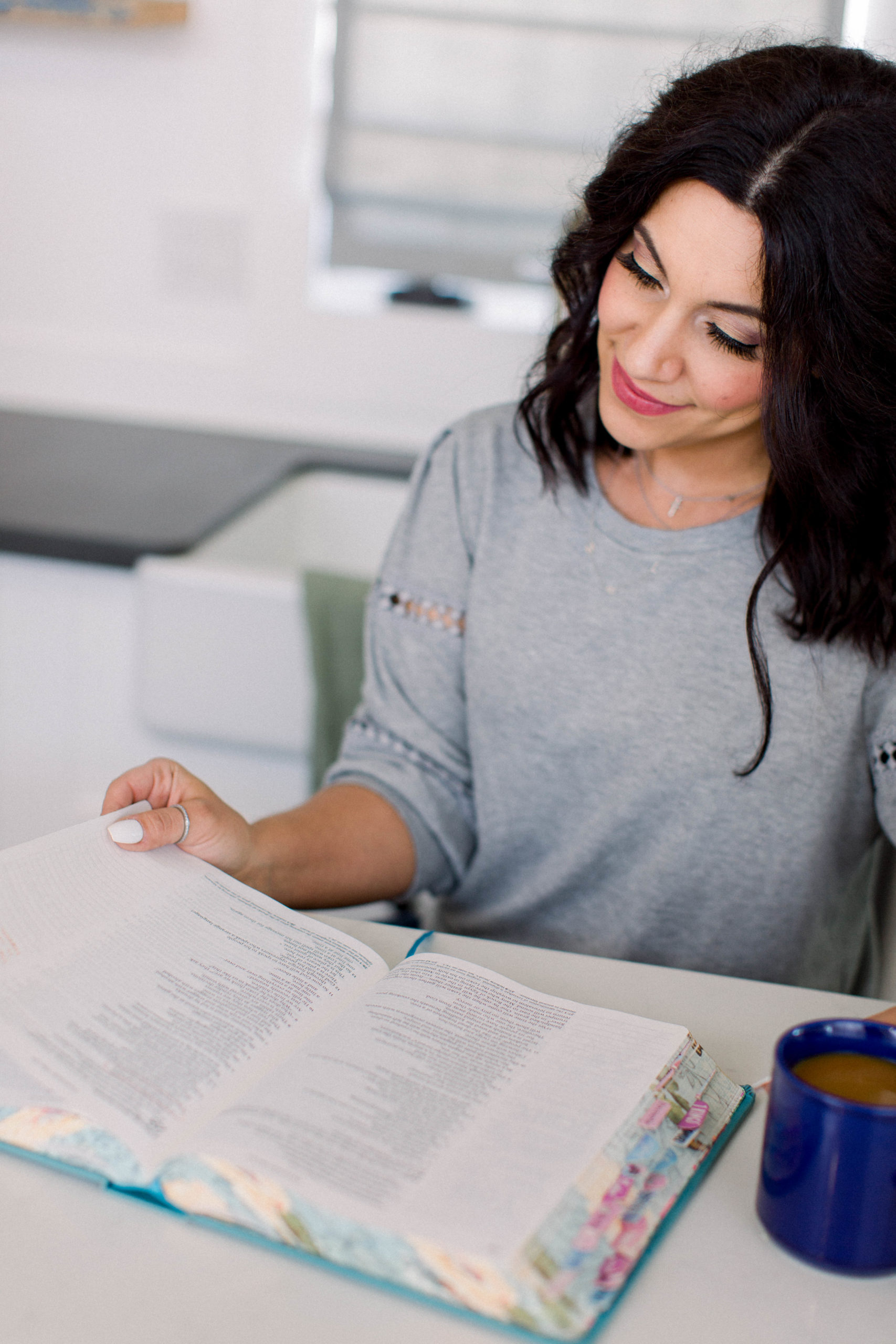
Learn How to Consistently
Make Income With a Podcast
For Faith-Led Entrepreneurs
Profitable Podcast Bootcamp
READ MORE
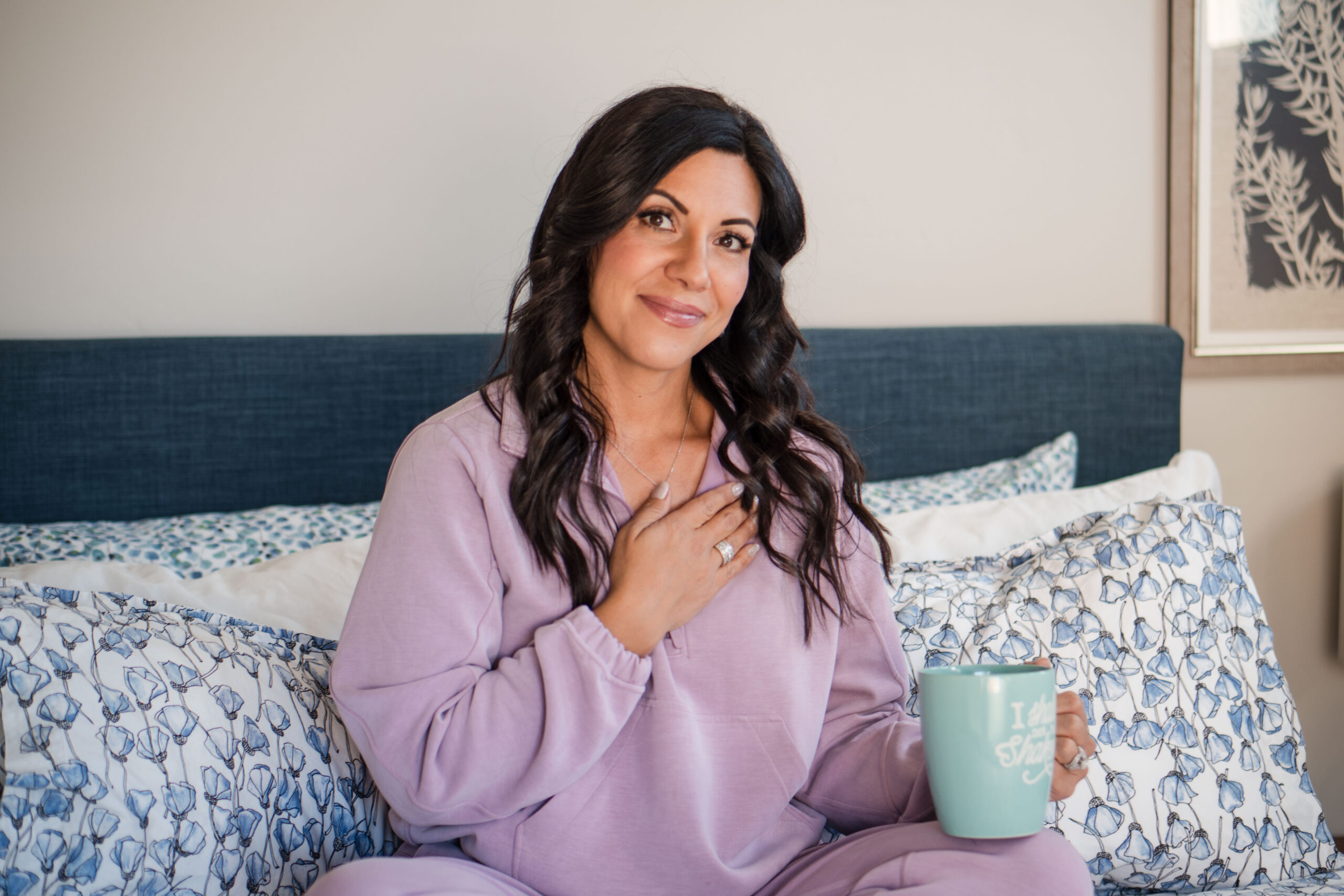
Here are 6 ways I’m scaling my business to 7-figures God’s way and not the world’s way, all without social media.

READ MORE
It’s been a hot minute since we’ve had a conversation around whether podcasting is right for you. A few people recently asked me, “How do I know for sure that podcasting is right for me or my business model?” That’s what I will discuss with you today.
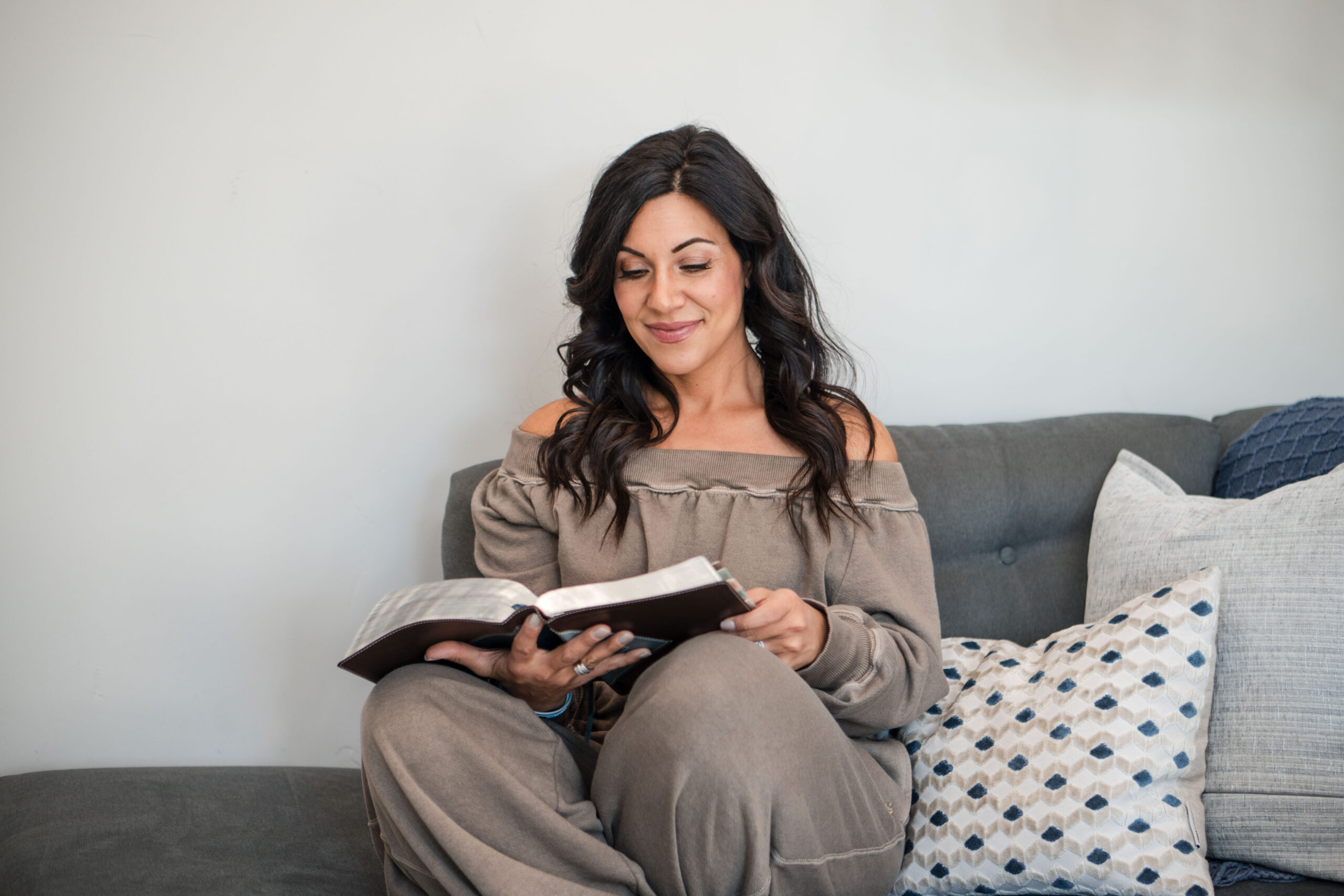
READ MORE
As a 7-figure Christian business owner, Stef shares biblical business advice straight from the book of Proverbs.
READ MORE

This post is for my MLM Girlies or anyone marketing a personal brand or physical product. It’s a live coaching session with one of my students about having a personal brand versus product branding, and what this might look like for you.
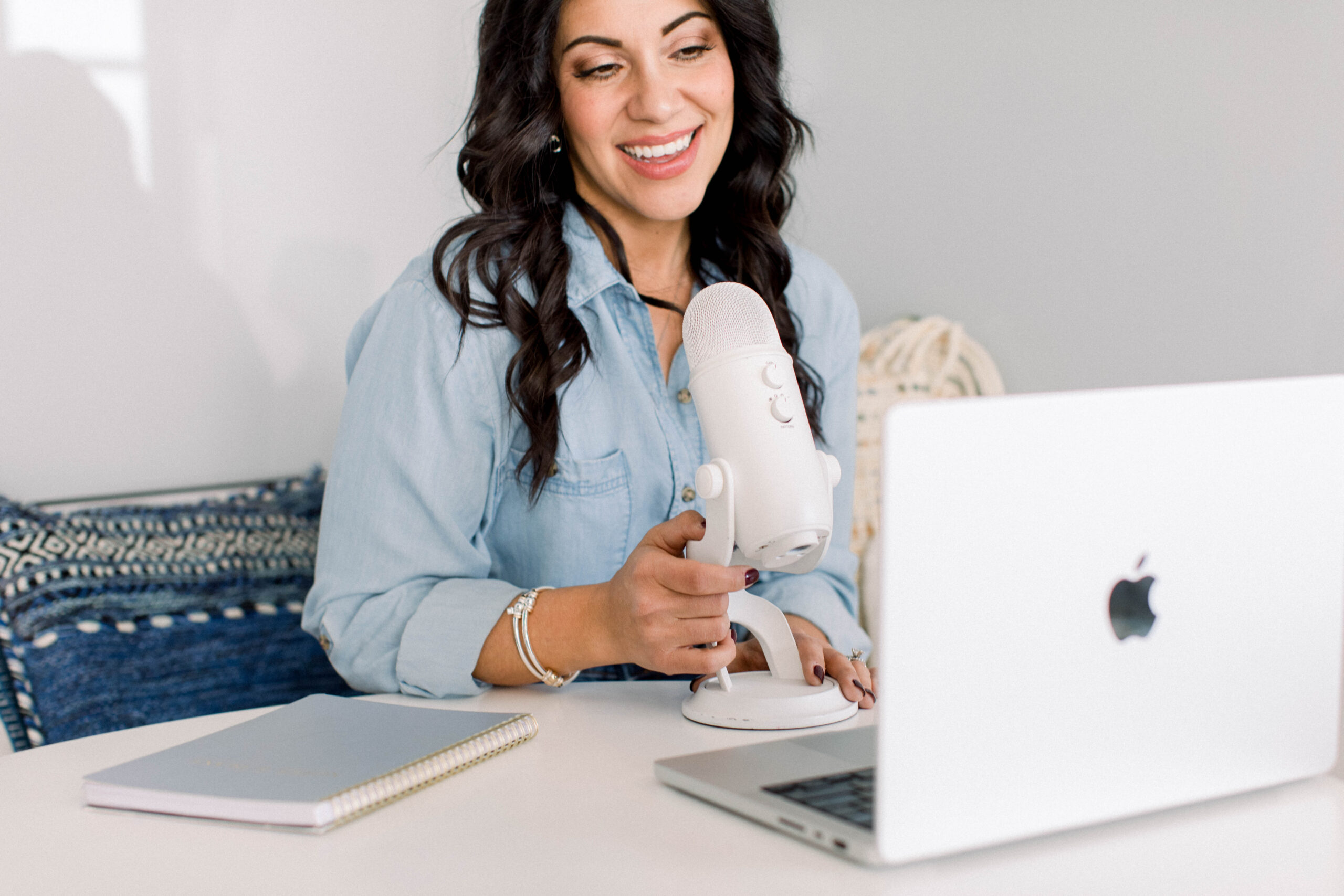
READ MORE
Join me as I chat with Podcast to Profit graduate, Monica Topete, on going from burnout to a top 2% podcast and hundreds of organic leads.
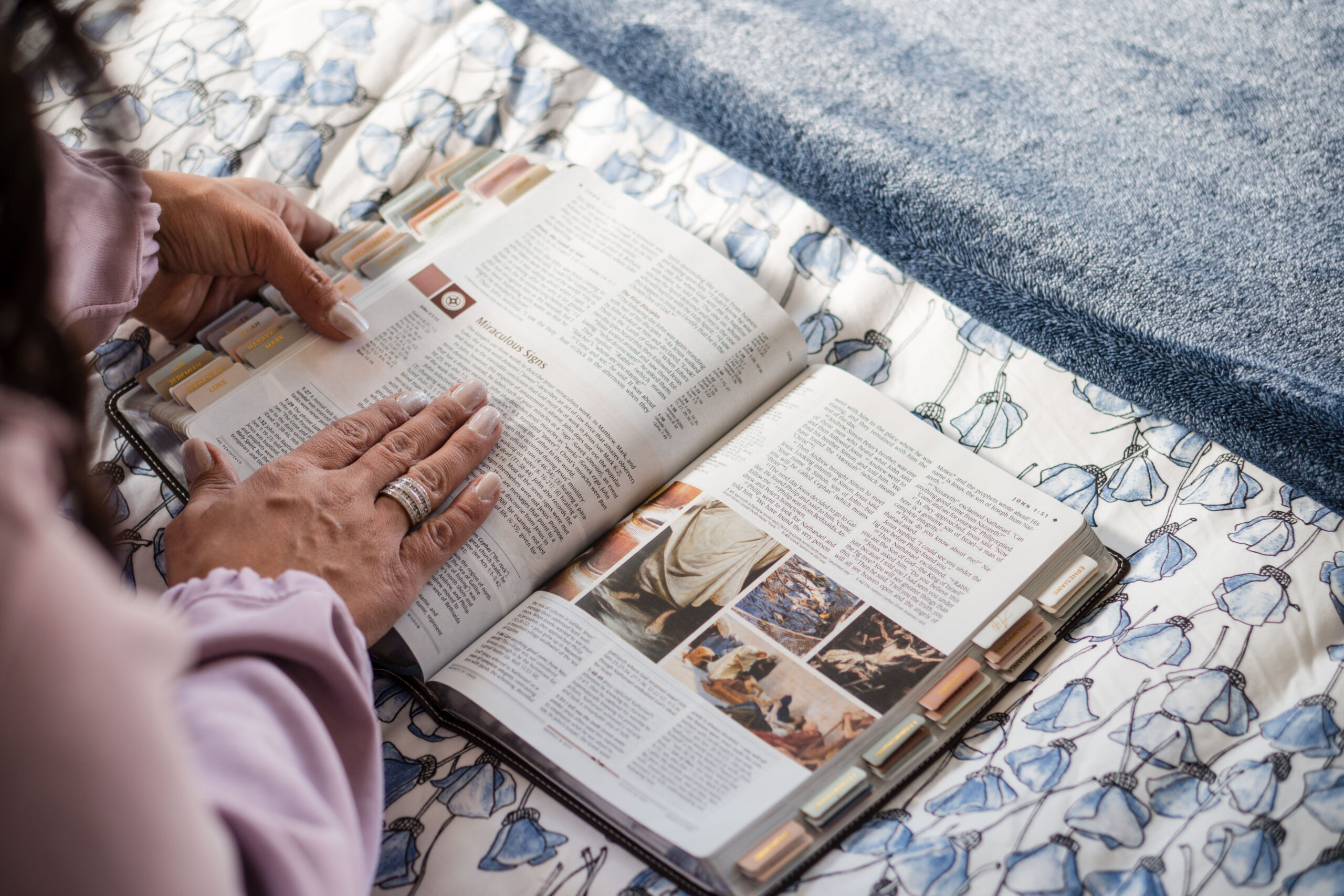
READ MORE
Have you wondered how to use the Bible in your business? What if I told you the best strategy isn’t another mastermind, launching another thing, or listening to another podcast? The best strategy comes from knowing how to use the Bible.
READ MORE
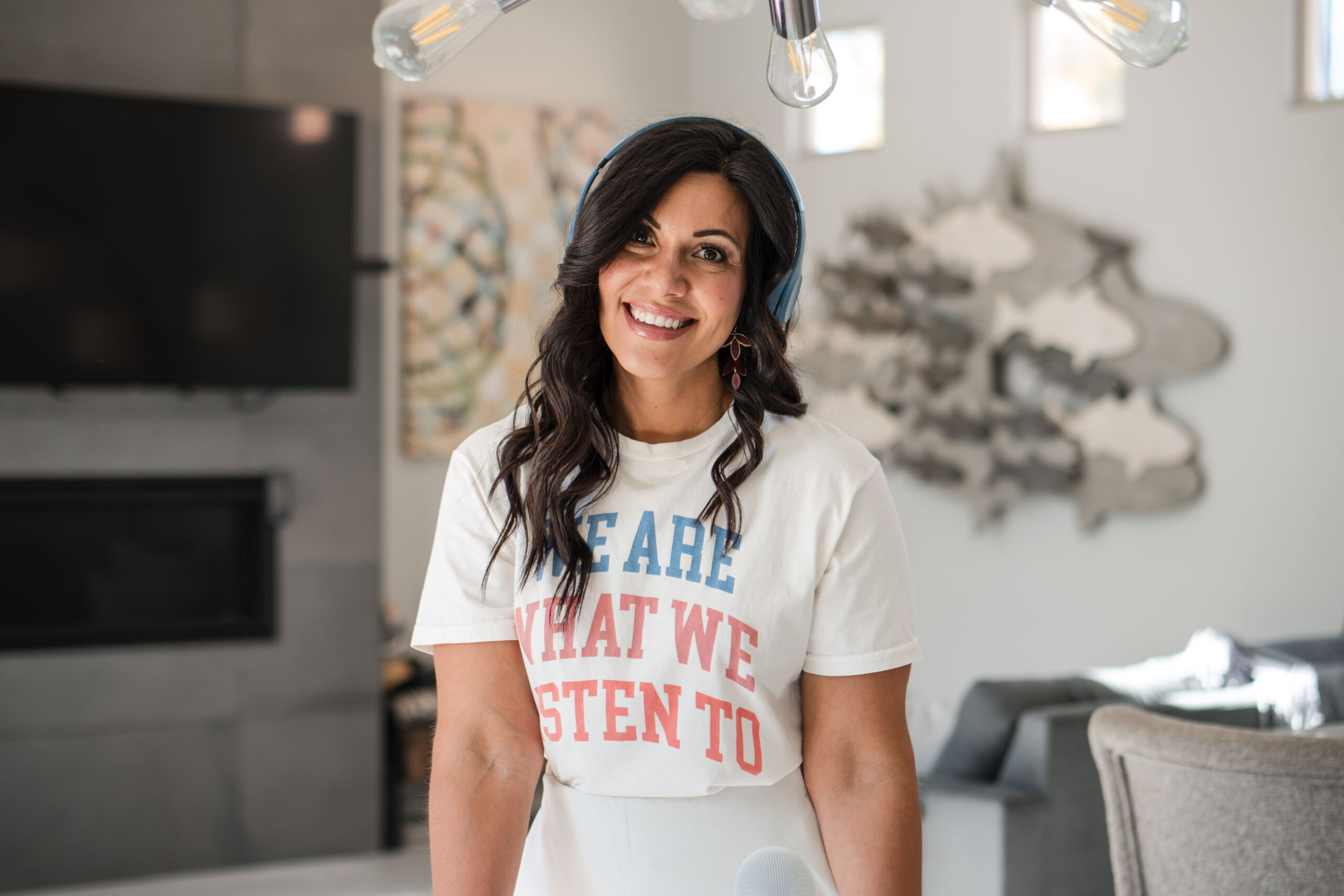
Join Stef as she discusses five ways you can hear from God in your business. The Holy Spirit will lead you if you are paying attention!

READ MORE
If you’ve ever wondered how to go from zero subscribers to millions with your podcast, this post is for you. Whether you’re just starting with no subscribers or you’ve already launched but are struggling to grow, I’ll break down all the things that will help you get your podcast to flourish and be that vessel of growth that you have been praying for.
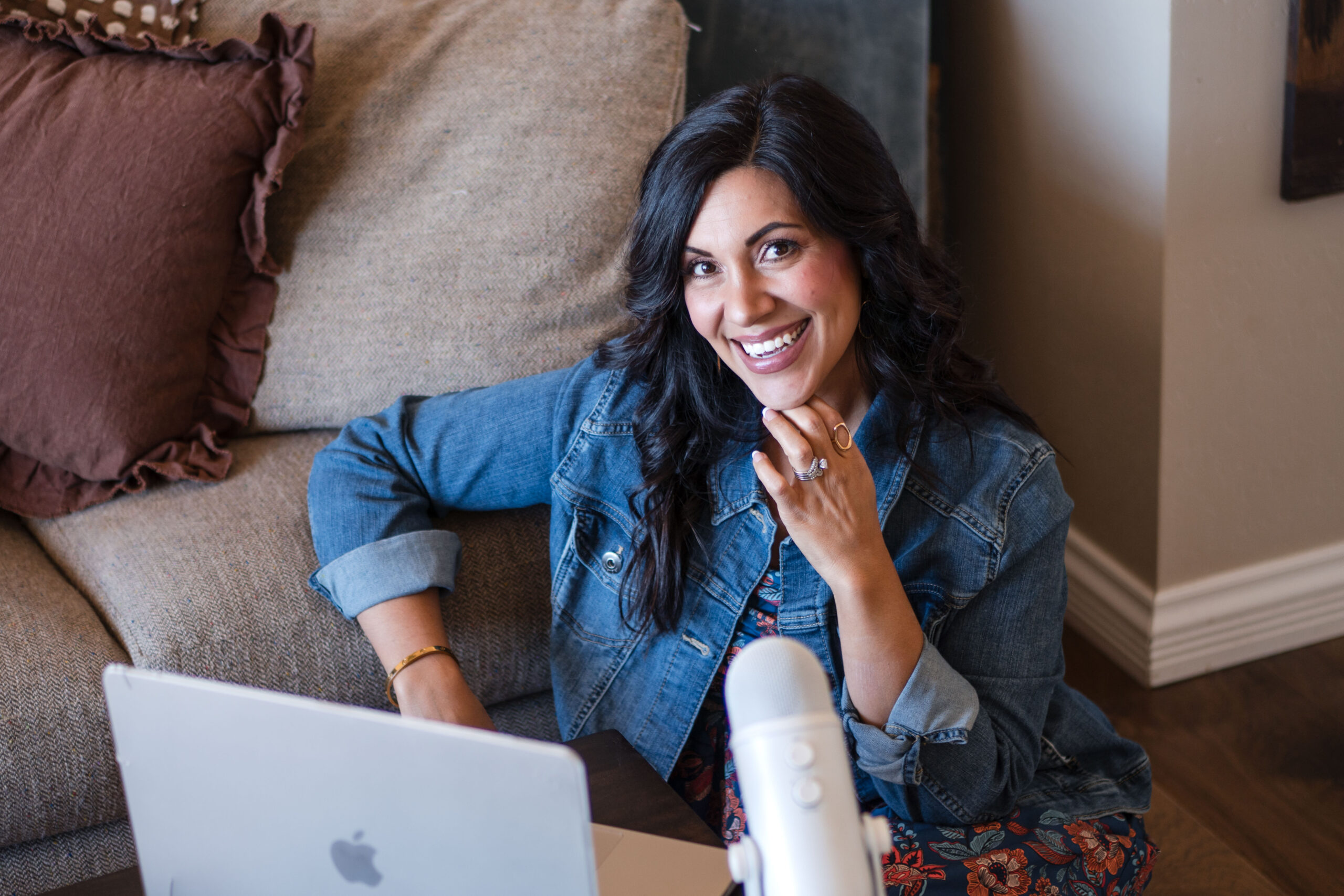
READ MORE
I’m talking to my Podcast to Profit graduate about how her podcast became discoverable around the world after she joined my program.
READ MORE
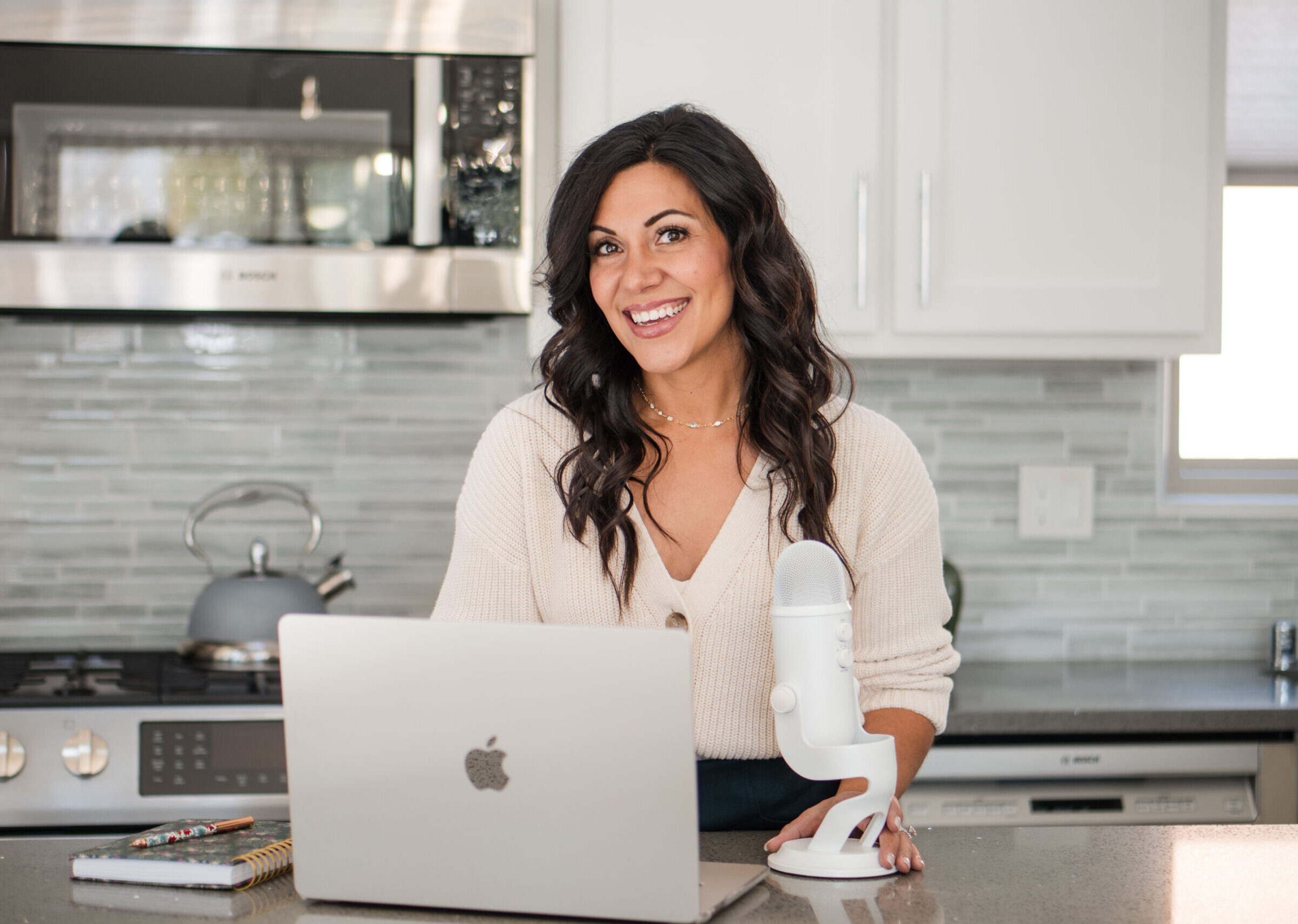
Have you ever wondered how much money a podcast with just a thousand downloads can make? It’s probably more than you think, but not in the method you think.
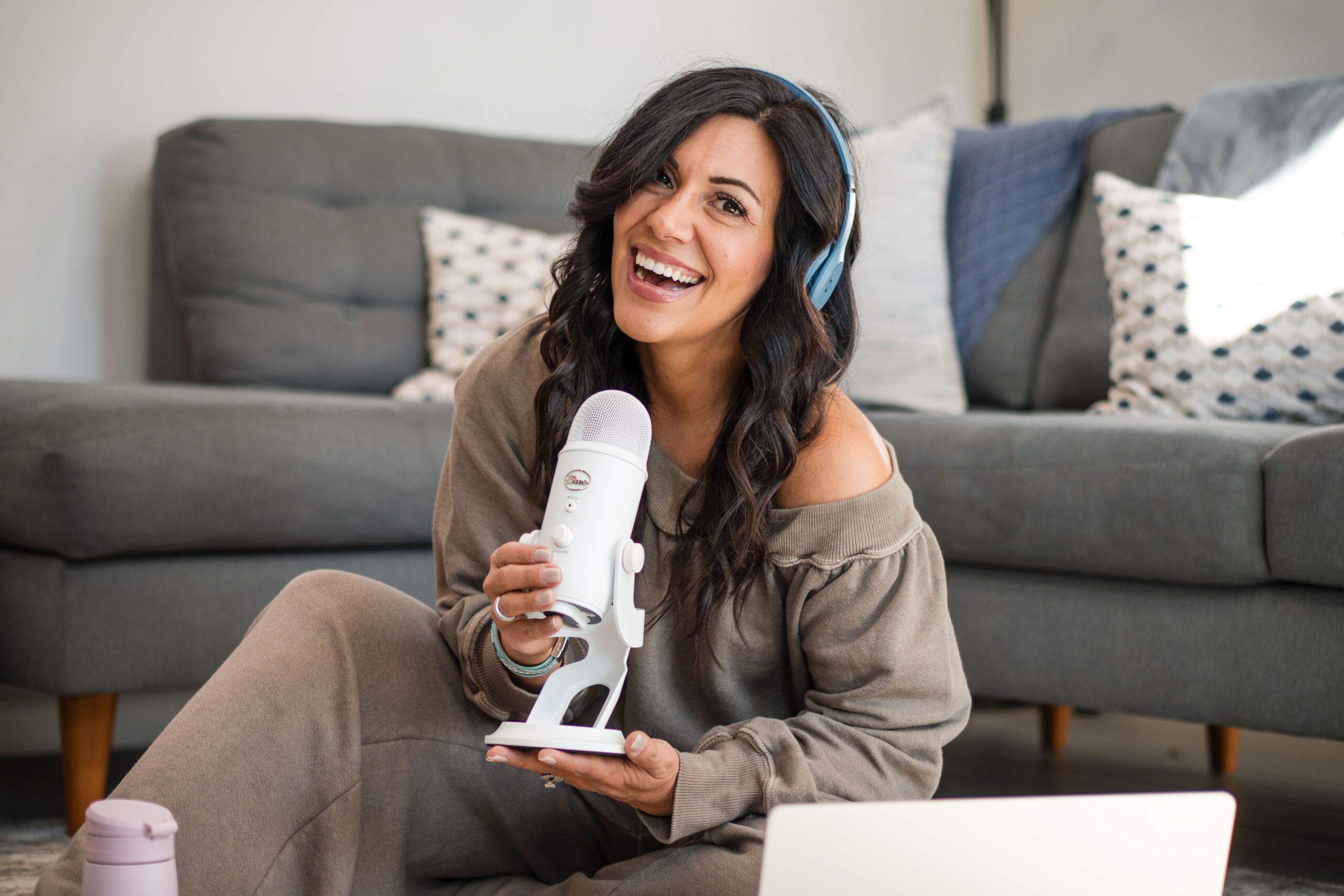
READ MORE
Join me as I coach my Podcast to Profit student on whether she should rebrand her podcast or stay true to what she already does so well.
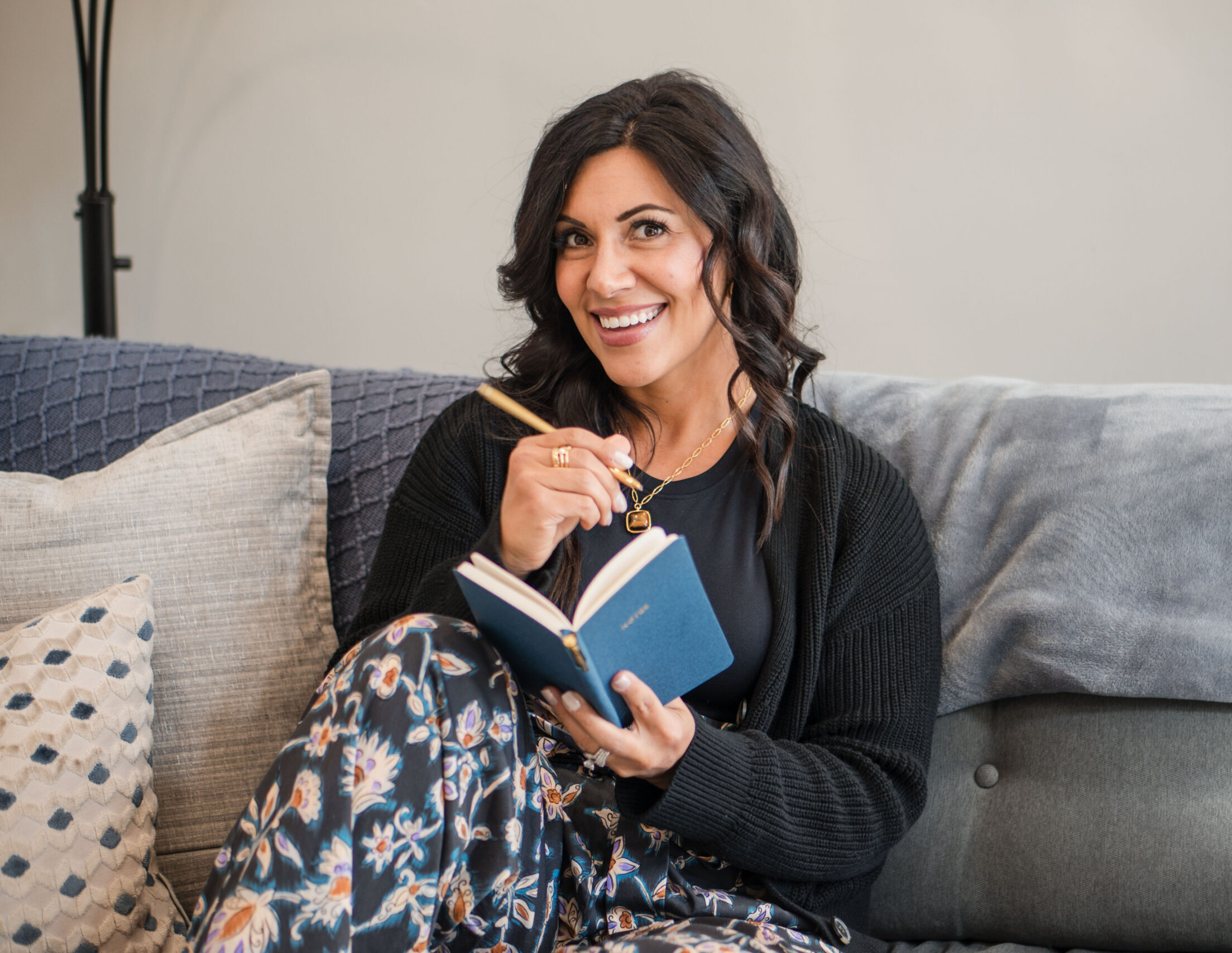
READ MORE
As Christian entrepreneurs, we must pray to God and not run our businesses on our own. We must position God at the center of every decision.
Come Hang Out!
Learn How to Consistently
Make Income With a Podcast
For Faith-Led Entrepreneurs
Join 5-Day Profitable Podcast Bootcamp!
Podcast Launch Checklist
Steps to start and launch a podcast from start to finish
Should You
Start a Podcast?
TAKE THE QUIZ
AND FIND OUT
STEP BY STEP PLAN TO START YOUR ONLINE BUSINESS
Complete Business Blueprint
Is My Group Coaching Program Right For You?
Choose the option below that best describes you!
Have a question?
Ask Stef a question about her resources
or program!
Will podcasting make you money?
Play around with my Profitability Calculator!
Meet Podcast to Profit Alumni
Students and graduates who are profiting from their podcasts
from psalm chapter 18
Spiritual Battle Plan
defeat the enemy, strongholds and spiritual warfare
look around
© STEFANIE GASS LLC 2026 | ALL RIGHTS RESERVED | SITE CREDIT | LEGAL
Come Hang Out!
Come listen to a top 20 podcast for Christians who want to grow a simple, successful online business.
Come listen
to the go-to podcast
So glad you're here!
Visit the resources section and find out which software I personally use and recommend. Become an affiliate, or discover other trusted resources I have to help you succeed on your business and faith journey.
Check out all my recommended resources
including software, affiliates, and freebies.
Read the latest over on the Stef Gass Blog. Tons
of articles to help you succeed in life and business.
Meet Stefanie and learn more about her life, journey, failures and family. Plus, a glimpse of her amazing team.
Book Stef for in-person or virtual events! She will
inspire and educate your audience with her training.
Find out everything your need to feature Stef—bio, photos, and details—ready to inspire and educate your audience
Meet some of the students who are profiting from their podcast
Contact us with questions, concerns,
testimonies, or requests here.
I can't wait to help you get clarity on your calling, grow your business, launch a podcast, build a course, or scale and get visible. Check out the Stefanie Gass School. No more frustration or overwhelm. Just a simple, step-by-step framework to get you where you want to grow.
Get clear on your calling in 4 weeks or less so you
can start your online business with confidence.
Apply for my 6-month group coaching program for podcasters! Build your offer, learn to sell, and scale.
Visit the Stefanie Gass School to discover what step
you're on and and learn which course is right for you!
Launch a podcast in less than 30 days! 12 simple
steps to go from idea to successful podcast.
Let's work together!
WORK WITH ME
Clarify Your Calling
Free Workshop
Watch this workshop and get
clear on your calling so you can start
an online business! Hop on this quick,
35 minute free training and map out
your next steps!
Podcast for Growth
Free Workshop
Watch this workshop and learn how
podcasting works to make money online! Find out why podcasting is the best long-form content outlet and how it can drive more leads than social media.


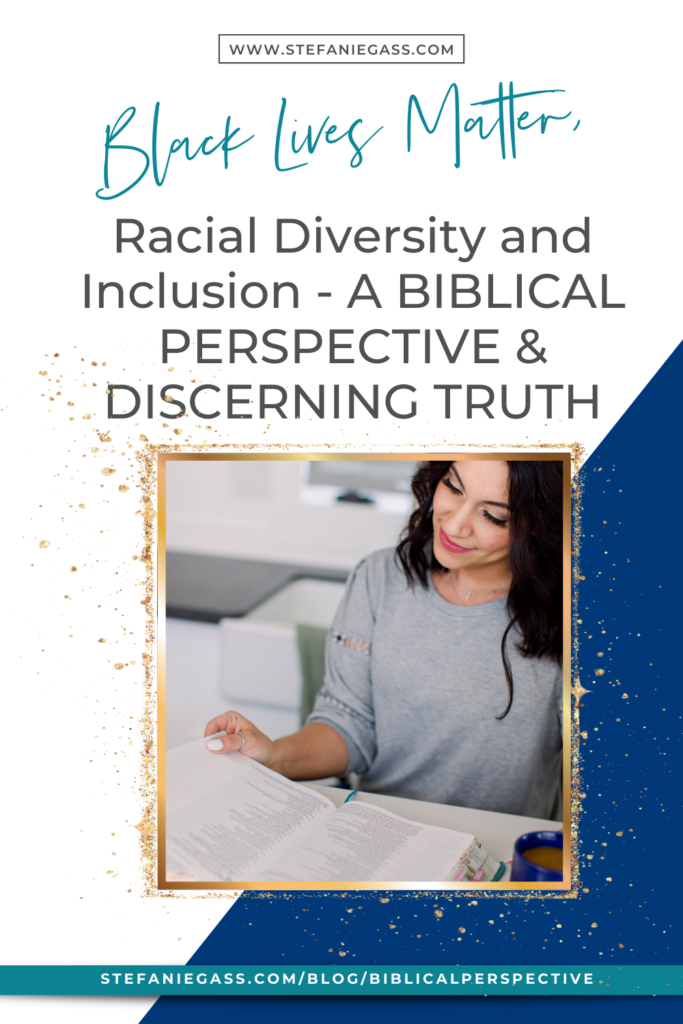

Leave Comment or Question Below